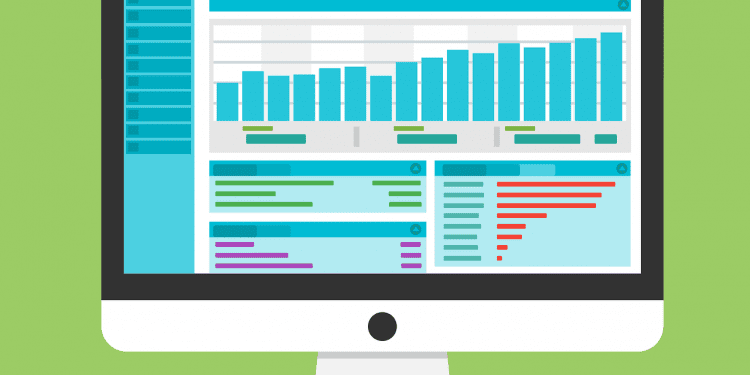As the procurement industry continues to digitize, we continue to hear the same question: Will the implementation of technologies like AI and machine learning displace jobs?
While AI will automate certain tasks, when it comes to procurement, the technology’s true purpose is in augmenting human capabilities, not replacing them. In fact, according to new research, 92 percent of executives said the workforce will be upskilled and enabled to interact and work with machines seamlessly – allowing employees to develop professionally and focus on more valuable work. For procurement teams that have been bogged down with low-level and time-consuming tasks – like data classification and cleansing – this represents a significant opportunity to shift the focus, and output, from tactical to strategic.
Procurement analytics provides a perfect example. With the help of new technologies, procurement now has access to an incredible amount of data. In fact, there’s been more data created in the past two years alone than in the entire history of humankind. However, this new data, on its own, is not valuable. The real value comes from how procurement turns the data into actionable insights and leverages it to make better business decisions. This wealth of new data provides procurement teams with spend visibility that was never before possible and can enable more complex, insight-driven business decisions, rather than pure human decisions based on gut, emotion and self-interest. While many procurement and supply chain teams are investing heavily in analytics today, most fail to go the last mile by leveraging that insight to change the way they do business.
This failure to go the last mile with analytics is one of the primary reasons AI and digitization won’t replace the procurement workforce. Procurement is certainly undergoing a digital transformation, but this shift is likely to create more jobs in the industry, not less. Embracing technology to take on the tedious and time consuming day-to-day tasks will inevitably promote a more stable workforce, allowing human workers to be more strategic. Mature organizations look at the growing amount of data as an asset to capitalize on – not a problem to be dealt with – and are aggressively adding more staff, with new skills, to augment machine-based processes and turn data into savings reflected on the bottom line.
With the right machine learning and AI technologies in place, organizations have a big opportunity to leverage procurement analytics to drive real competitive advantage. Integrating data-driven analytics effectively can defend decisions with greater precision. From forecasting consumption patterns to optimizing inbound logistics, applying analytics drives sustainable procurement value in the long term, streamlines operations and refines procurement strategies and processes. Procurement analytics provides the fuel for organizations to increase visibility and agility, while driving strategic and better sourcing decisions faster.
Procurement transformation is already underway — and organizations must prepare their internal teams. First and foremost, procurement teams must be equipped with the latest technology – specifically machine learning, AI and predictive analytics. These intelligent technologies serve as a cornerstone for making informed and profitable decisions that move the company forward. In addition, organizations should diversify their employees’ skillsets by hiring for the new positions necessary to manage, analyze and take action, based on the wide variety of new data available. Lastly, procurement must continue to boost collaboration with other departments in the organization, including finance, marketing, product development, sales, etc., to increase process efficiencies by giving teams the opportunity to proactively identify and resolve problems early on, based on the new insights created.
Procurement digitization is here to stay and while technologies like AI will automate many tasks, they will also create a wealth of new opportunities. The future of procurement lies in spend analytics fueled by digitization, and because of this, new positions will be created and exiting ones enhanced to promote newfound business value.
About Johan-Peter Teppala
Johan-Peter Teppala is a seasoned procurement leader and the CEO of Sievo, a procurement analytics company that helps the world’s leading businesses better leverage spend data.











